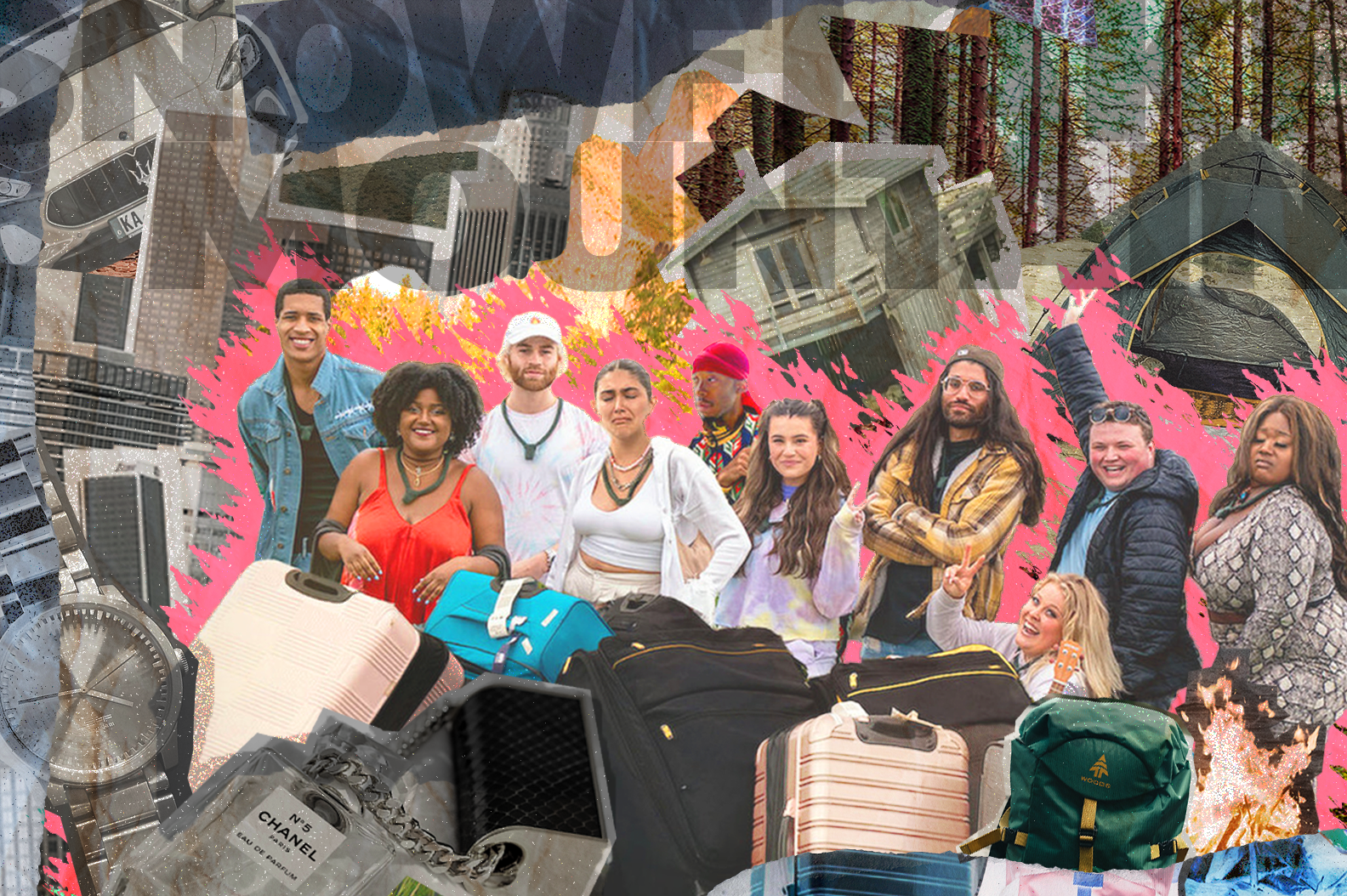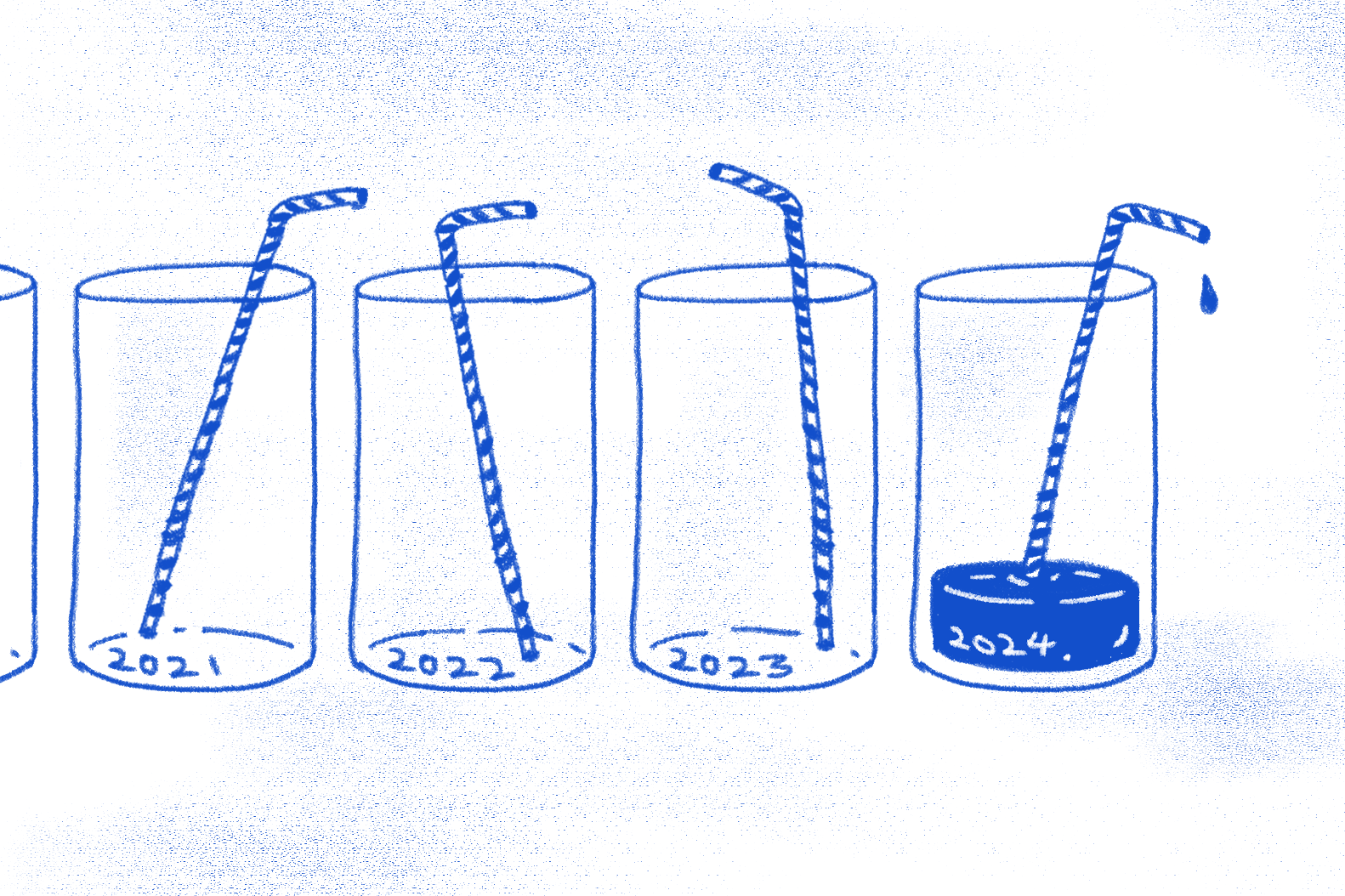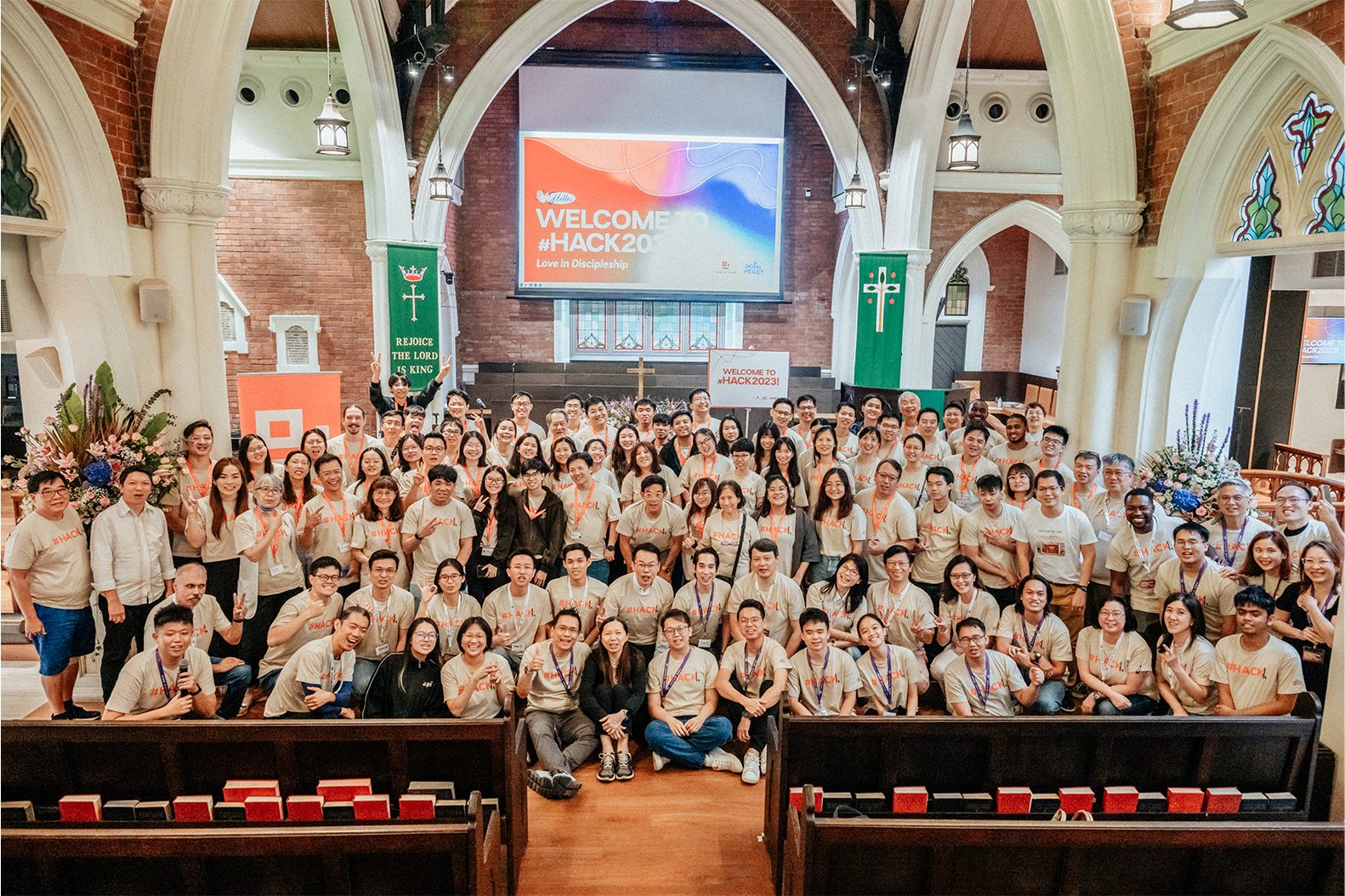Before you get any further, we really should get one thing out of the way first: I am by no means recommending this show.
This is just what I’ve gleaned from a guilty pleasure and a bit of what I wanted to share.
See, my wife and I went into Episode 1 thinking we’d get to witness a bunch of individuals who, struggling in real life, learn to overcome adversity out in the wild and become better versions of themselves.
While the show does deliver on that, it’s equal parts feel-good as it’s extremely crass – particularly when it comes to language.
Suffice to say, it’s not family-friendly (M18), though much of the negative on-screen behaviour probably has to do with the participants’ backgrounds.
The series sees 10 young adults being brought to the wilderness – it’s not Bear-Grylls-wild mind you, they do have toilets and beds for instance.
They’re called “snowflakes” not in the political sense of the word, but because of how poorly they cope with adversity and the challenges of the real world.
Watching them struggle and face growing pains was really heartwarming in some ways, and even taught me a little about life.
Here are some of my reflections from having watched Season 1.
1. Get rid of the non-essentials
The first episode is an explosive one right from the get-go. The snowflakes arrive on set expecting that they will be travelling to a villa where they will film a reality TV show in luxury.
Turns out, their family and parents had pulled a fast one on them back home, signing them up to learn how to be independent and take care of themselves.
Through interviews and watching them flounder through the English countryside, it’s quickly apparent that these are extremely privileged and spoiled brats who hardly touch grass.
Lugging luggages of luxuries through the dirt, they meet show hosts Matt and Joel who tell them to pack only the essentials – before blowing their luggages up.
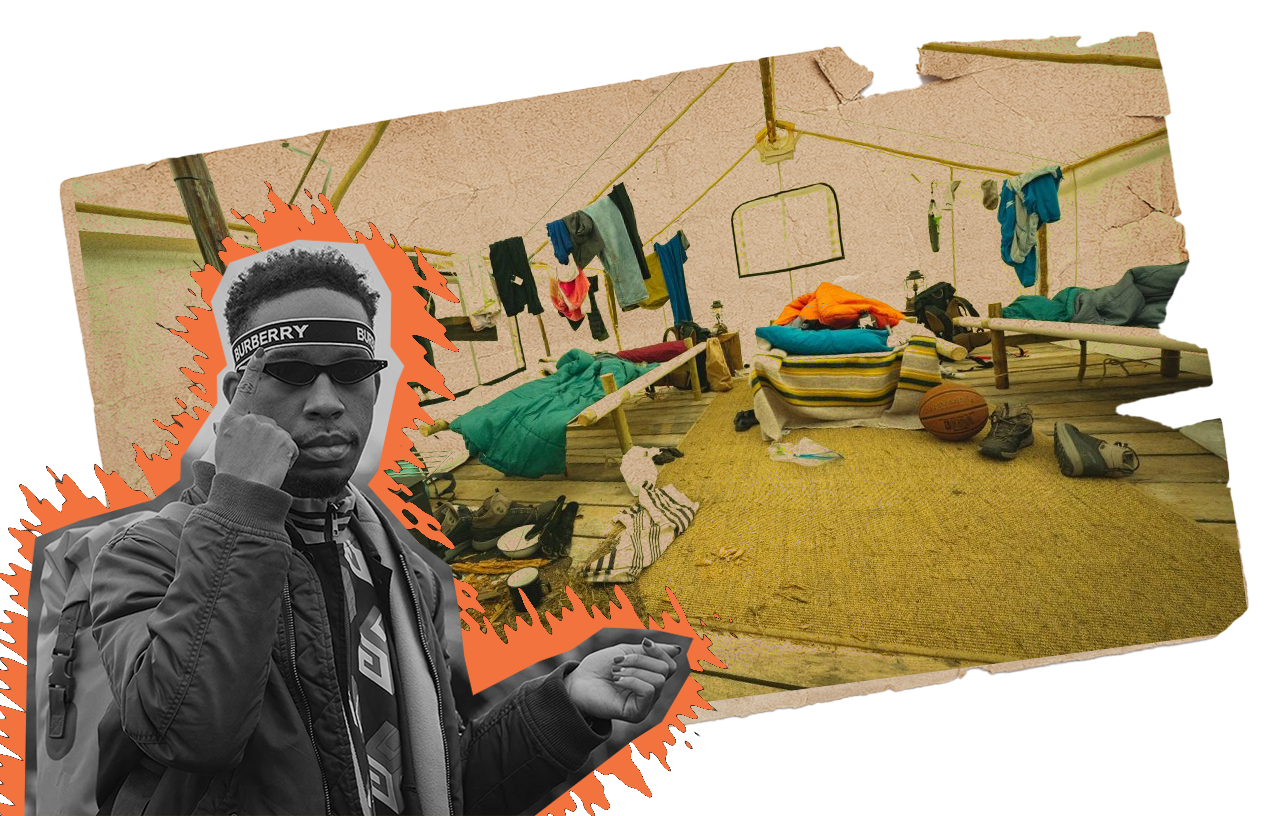
At the end of the show, it’s revealed that they hadn’t actually blown up the luggages – they just made it look like an explosion (to be fair, it really did look like one).
While the overwhelming emotion of the remaining cast is relief, many of them reflect that they’ve learnt they don’t need all this “stuff”.
Makes me think about all the peripheral stuff in my life. I’m certain that I could cut a lot more “fat” out of my life… It’s scary though!
2. Be willing to try
I’m highlighting Sunny (26) for this point.
I’m raising it early because in Episodes 1 and 2 I wasn’t sure at all that Sunny would end up staying because he was being so negative and insistent that he wanted to go home.
In his interview, Sunny revealed that he is a “lazy person” and a “coaster”.
His mother, Rita, confirmed as much, sharing that for all his “potential” he still cannot cook, clean and do the bare minimum to take care of himself.
While learning that $50,000 was up for grabs proved to be a factor that helped him choose to stay instead of leaving nearly instantly like Olivia (25) did, Sunny had the most remarkable turnaround of the contestants to me – and it all started from being willing to give the task before him a shot.
What are some things that I could be saying “yes” to?
Together with Liam and Solomon, Sunny skinned and butchered a deer for dinner.
“By the time we were sawing out the ribs, I was having a pretty good time,” he quipped.
Saying “yes” here sparked off a chain of yes-es for Sunny, who went on to scale different challenges including climbing a tall tree and later a mountain.
What are some things that I could be saying “yes” to? What might that all lead to? I’ll never know unless I take a leap of faith.
Anyway, Sunny was my favourite contestant by far, and proved nearly unrecognisable by the end of the season.
3. Learn to take constructive criticism
Devon (19) is a character on the show who simply cannot take feedback, especially from authority figures.
You’ll notice it when people confront her about things she doesn’t want to face up to. She gets all defensive and stubborn, refusing to take any advice onboard.
Episode 5 sees her being called out for not washing dishes except her own. Predictably, she refuses to hear the feedback and gets defensive.
That ultimately plays a part in her being sent to Last Chance Lake, an area of punishment (or an opportunity for growth depending on how one views it) away from the main camp, where the worst-performing contestants for the day can either stay the night or choose to go home.
At Last Chance Lake, however, Devon is played a video from her mother, who encourages her to “pull her weight” and not to give up, simply saying that the world is against her as is typical of her.
From then on, Devon’s attitude starts to be more positive, though there certainly are some moments where she slips back into her stubbornness or authority issues.
Had she learnt the lesson earlier, I really don’t think it’s beyond the realm of possibility that she would have experienced personal growth in far greater measure – perhaps even becoming a finalist for the grand prize.
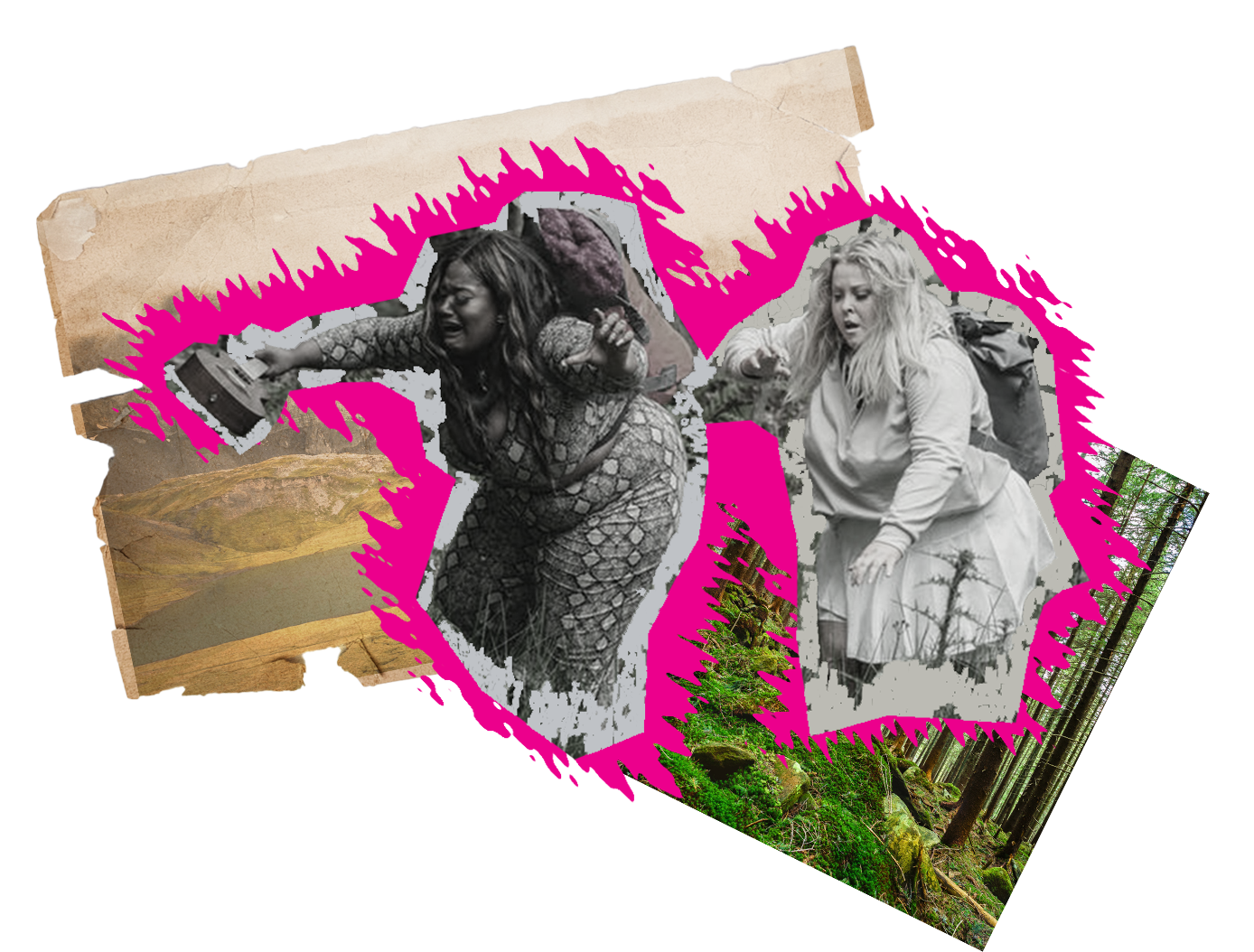
Learning to take criticism is a big part of being an adult.
I’m a big guy, but a softie at heart, so that was something I had to learn fast when I first started work.
It helps to surround yourself with people who are willing to point out your flaws for the sake of your growth.
Conversations with such people may sting for a time, but they will build you up into a better person.
4. Step up and take the initiative – don’t settle
Early on in the season, Rae’s (25) positivity and infectious energy saw her being awarded the encouraging title of “Wilderness Warrior” by hosts Joel and Matt.
I genuinely thought she would kick on from there, but she actually seemed to regress after that, becoming lazy with the chores and seeming like she had settled for that little achievement.
Rae was gently chided by Joel and Matt who let her know that they expected more from her, and that she had let slip an opportunity to step up and be an example to the rest of her teammates.
It was a short segment, but it made me think about my own life.
I want to be cautious that I am not settling when I could be doing more to be a blessing to those around me!
You’ve made it to the summit with me, so now it’s time to come down.
The last episode of such shows is invariably feel-good, and gives you the sense that the participants are set up for success in the future.
Real reality, however, means that some, many or even all of them, will regress and slip back into their former lifestyles.
Still, I’m allowed to have my hopes for one or two of them.
Watching the contestants experience genuine life change in some areas reminded me of the many ways in which I am rotten, and how God has been patient with me, gently changing me for the better.
No one’s gonna give me $50,000, but I’ll be working on these four areas of my life.
- Get rid of the non-essentials
- Be willing to try
- Learn to take constructive criticism
- Step up and take the initiative – don’t settle
There’s plenty more I could write from what I saw on the show, but I won’t pretend it’s a treasure trove for wisdom.
Certainly, there’s a lot more that could be said about things such as emotional regulation and confrontation – but these were the lessons that stood out to me.
How about you? Did you watch Snowflake Mountain on Netflix?
If you did, I’d love to hear your thoughts on the show in the comments on our Telegram channel. See you there!
- Did you watch Snowflake Mountain? What did you think about it?
- Which of the reflections shared here stood out to you most?
- Considering your strengths and weaknesses, how would you have responded to some of the challenges faced on Snowflake Mountain?
- Practically speaking, how might you apply some of these takeaways to your own life?


